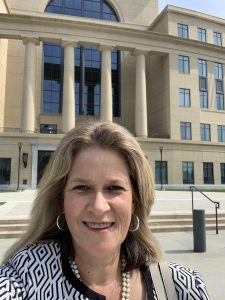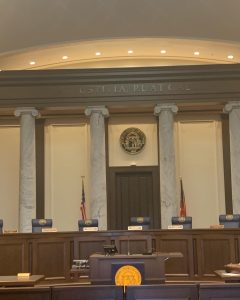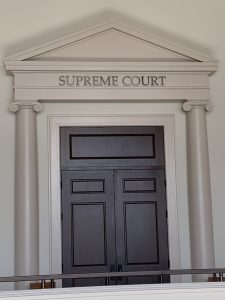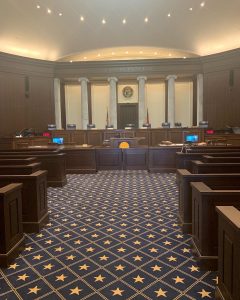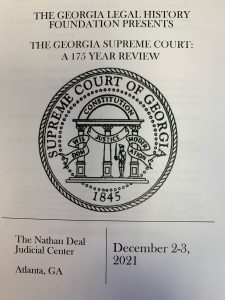
What is apportionment? How does it affect my case? What does it mean? Can I ever get justice in my case with it?
These are typical questions I often get from my clients in personal injury cases. The issue of apportionment comes up now in just about every case filed. Apportionment is the premise of Georgia law that says a jury may (but is not required to) apportion other people or entities, who are not even being sued in the lawsuit, a percentage of fault should the jury so choose. In a lawsuit, a defendant may claim some other person or company is to blame also and may ask the jury to consider assessing some percentage of fault or blame to that other person or company who is not named as a defendant in the lawsuit. This is known as “apportionment,” i.e., the jury apportions fault or blame to whoever they think is at fault. Apportionment came into Georgia jurisprudence in 2005 through the wisdom of Georgia Legislature, part of sweeping reforms then known as “tort reform.” Interestingly, nearly all of these so-called reforms have now been elimimated as unconstitutional by our appellate state courts, e.g., a cap on non-economic damages. That cap lasted only as long as it took for a case with a verdict higher than the Legislature-imposed cap to make its way to the Georgia Supreme Court, where the Court promptly held the cap on damages to violate the Georgia Constitution. That case is Atlanta Oculoplastic Surgery, P.C. v. Nestlehutt, 286 Ga. 731 (2010). Notice the Nestlehutt case was decided in 2010, so there were five years between the creation of that unconstitutional law and the undoing of it. There is no telling how many Georgia citizens were victims of malpractice during those intervening five years who didn’t receive justice.
When the law of apportionment first reared its ugly head, many practitioners and prognosticators, including mediators, declared certain types of cases “dead.” I can remember many of these folks pronounced the premature death of negligent security cases because the defendant apartment complex or defendant business would simply be able to blame the criminal defendant who perpetrated the crime and get off Scot free. Well, in the words of Coach Lee Corso, “Not so fast!” Fairly quickly after the implementation of apportionment, and after every defendant tried to blame everyone else in the world for their negligence, including a criminal, known or unknown, that myth was disproven. For example, in the Martin v. Six Flags Over Georgia case, in which a young man was severely beaten by a gang at Six Flags, for no reason other than the gang (some of whom were Six Flags employees) wanted to beat someone up, the jury returned a verdict of $35 Million. The Cobb County jury attributed to the gang members a total of 8% of that $35 million verdict, and split between the four of them, it came out to 2% per gang member/roughly $750,000 each. This means that Six Flags had to pay the remaining 92% totaling roughly $32 million dollars in damages.

 Atlanta Injury Lawyer Blog
Atlanta Injury Lawyer Blog



